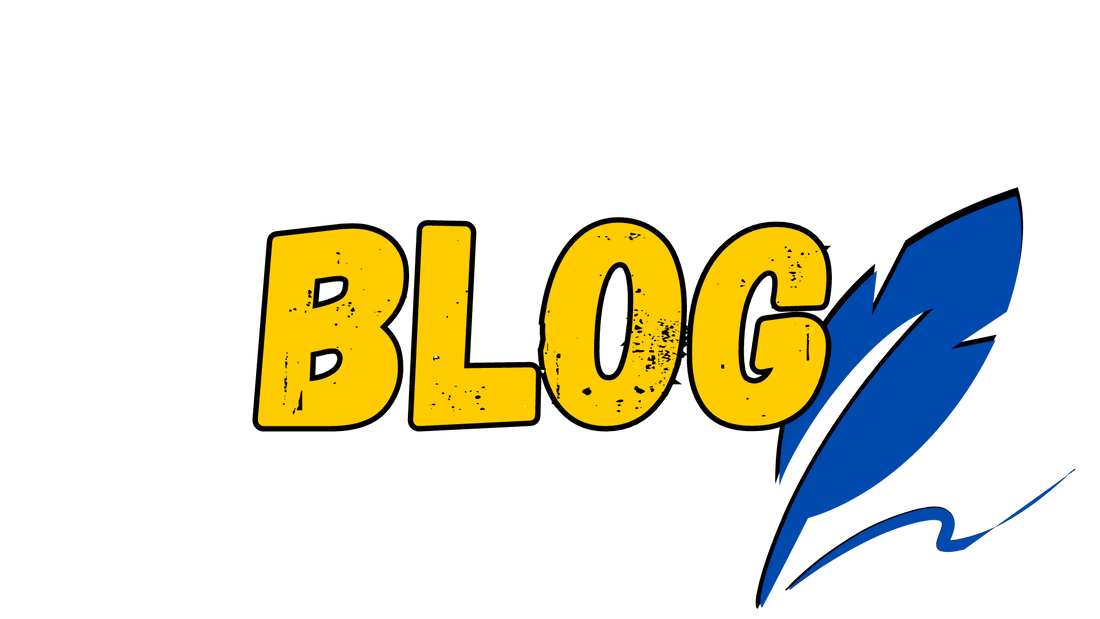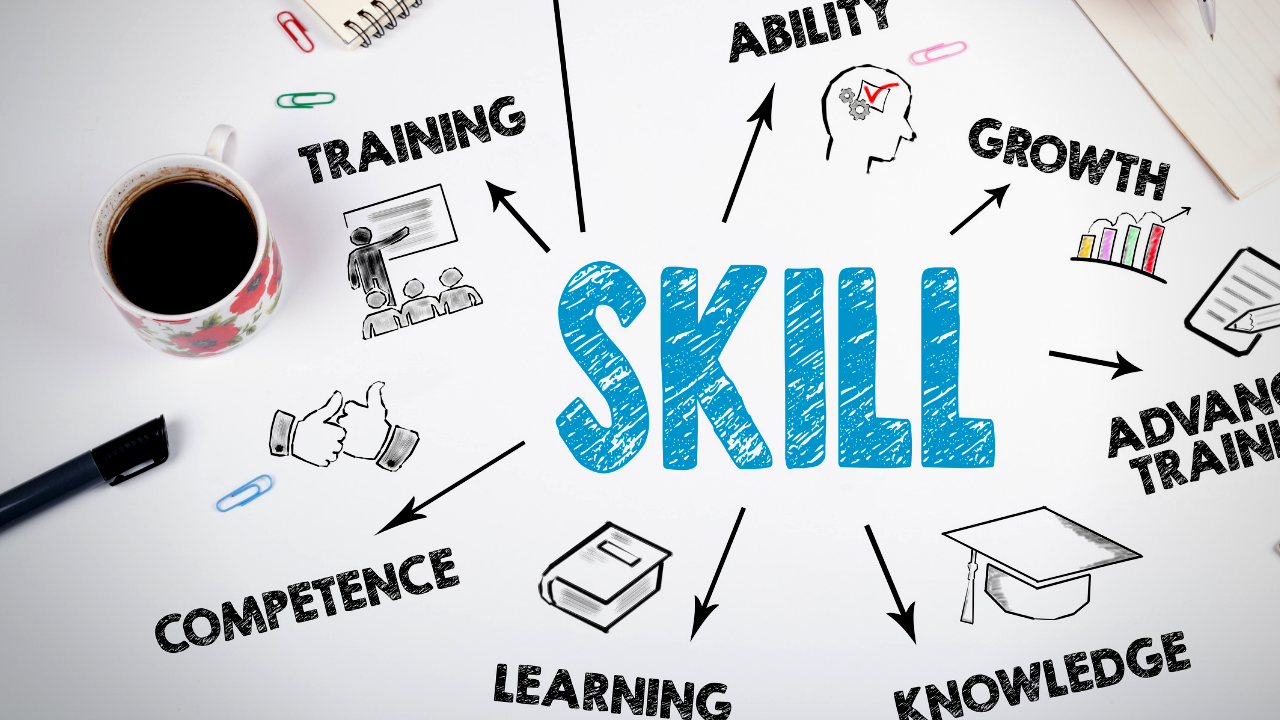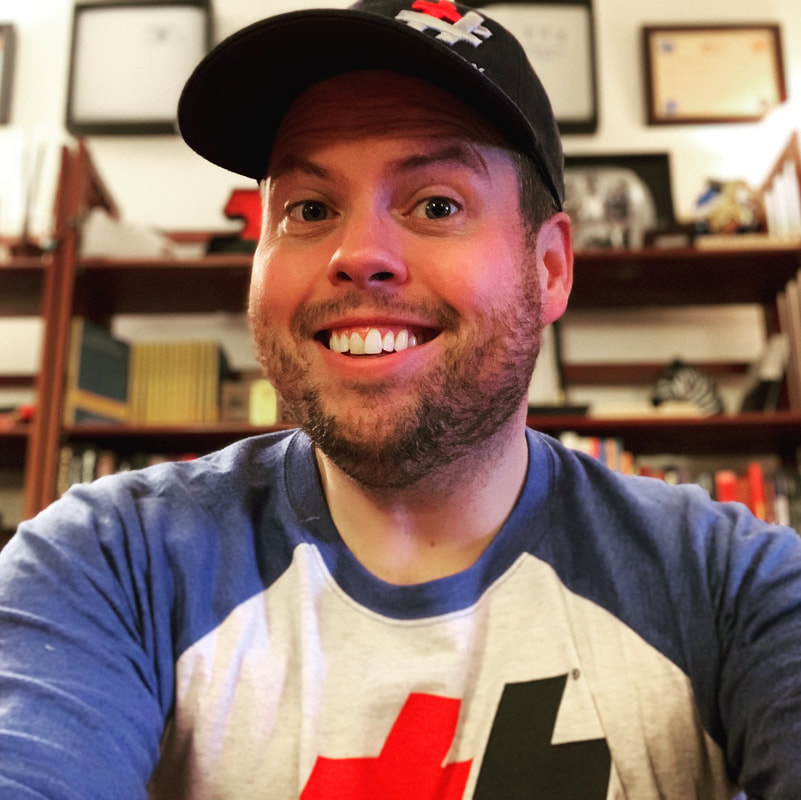|
The Case for Contextualized Knowledge
Read the full article now ⬇︎
Jack is a young professional in a career he loves and is up for a major promotion. There’s just one catch: he has to relocate across the country. He’s hesitant about the move because he’s been with his girlfriend Diane for some time now and, like him, she’s also in a career she’s passionate about.
Jack wouldn’t dream of asking her to leave her job to follow him, but he also can’t image life without her. He doesn’t know what to do so he turns to friends for advice. One friend says, “Don’t worry about Diane, absence makes the heart grow fonder,” while another warns, “Don’t do it! Out of sight, out of mind. After you leave she won’t think about you anymore.” And another friend says, “Life if what you make of it,” while another says, “Whatever will be will be.” Jack is sorry he turned to his friends for help, because they all offer conflicting advice! What would you do if you were in Jack’s shoes? Universal Truths? Proverbs are concise time-tested advice that are often accepted as universal truths to shed light on our life experiences, yet a fascinating aspect is that their exact opposite can often be just as true. For example:
Well which is it? When presented with conflicting advice, they can’t both be true, can they? Avoid Getting Lost & Leaping to Our Doom This is an important topic to consider, especially in today’s world where news outlets don’t always agree on the facts, when politicians advise us one way and the medical community advises us another way, and when well-meaning but far-less-expertly opinions are thrown our way from social media and conversations with family, friends, and even complete strangers. With so much conflicting information, we may be reminded that wise men do indeed think alike, but fools also seldom differ! How might we balance the tension between truths like “Look before you leap” and “He who hesitates is lost” without getting lost and leaping to our doom? Contextualized Knowledge In the book How People Learn, the editors John D. Bransford, Ann L. Brown and Rodney R. Cocking make the case for what can be thought of as contextualized knowledge. They note how experts in a particular field have a vast repertoire of knowledge and experience to pull from, but also note that only a small portion of that knowledge is relevant in and particular situation. For example, it’s not enough to merely know proverbs and explain what they mean; we must also be able to apply this knowledge when contextually relevant. The researcher James S. Atherton suggests that contextualized knowledge provides discernment, discretion, and flexibility to our decision-making and “is the beginning of strategic thinking.” Atherton differentiates strategies from tactics by noting how tactics are “what you do when you do know what to do,” whereas strategies are “what you do when you don't know what to do.” The question becomes, how do we develop contextualized knowledge so we can apply useful strategies when we don’t know what to do, much like our friend Jack? Developing Contextualized Knowledge Contextualized knowledge comes from experience. As we collect experiences, so too does our pool of contextualized knowledge expand. But experience alone is not enough, because while it’s often said that experience is the best teacher, it’s actually reflective experience that offers the insights to inspire discernment, discretion, and flexibility. What follows are a few ideas that you may wish to consider as you reflect on your growing repertoire of experiences:
1. Discernment
The gift of discernment allows us to make informed judgements that consider the reality of our circumstances. This will entail all the known facts, including the experiences, intentions, and motivations of the people involved—including your own. One thing I do when discerning between the advice from others is to consider what they stand to gain or lose if I take their advice. And when discerning between two options, I often find myself flipping a coin. Regardless of how the coin lands, I go with the option I was hoping for as the coin was in the air. With experience, this intuitive gut tends to steer us in the right direction.
2. Discretion
Discretion is about making choices, and an implied characteristic of choice is free will. After all, if we didn’t have free will then there wouldn’t really be choices, would there? And so, as our discretion increases, the freer we become. One way to develop more freedom is to become more competent in our expertise. With greater experience comes greater knowledge and skills, and with them comes more available choices to choose from at our discretion.
3. Flexibility
With less experience we may be more apt to stick to a limited set of solutions due to the constraints of our limited familiarity with the available options, yet with more experience comes greater flexibility, recognizing that there is always more than one way. To be more flexible, consider your past experiences and how they might inform your choices moving forward. Conflicting Proverbs What follows is a list of conflicting proverbs. Take note of any that especially stick out to you:
Reflection
Final Thought Proverbs are concise time-tested advice that are often accepted as universal truths to shed light on our life experiences, yet a fascinating aspect is that their exact opposite can often be just as true. By engaging in strategic thinking through contextualize knowledge we become empowered and encouraged with discernment, discretion, and flexibility to make meaningful decisions, even when explicit tactics are not forthcoming. So, how about it? What would you do if you were Jack and Diane? Should they heed the warning of out of sight, out of mind? Or does absence truly make the heart grow fonder? Is life truly what we make of it? Or is it true that whatever will be will be? In the end, whatever you choose, remember that change is coming around real soon and life goes on. Just like Jack and Diane, we’re all just doing the best we can. Want More? Schedule an exploratory positivity call to discuss your needs! Or, become a member of Hashtag Positivity to access exclusive resources to help you and the people you serve manage positive change for your growth and development.
Jonas Cain is a Positivity Coach, Learning Experience Designer, and Facilitator of Fascination for Hashtag Positivity, helping emerging leaders and their influencers initiate and manage positive change for themselves and the communities they serve.
References
Atherton, J.S. (2013). “Competence, proficiency and beyond.” Doceo. https://www.doceo.co.uk/background/expertise.htm Bransford, J.D., Brown, A.L. & Cocking, R.R. (2000). How people learn: Brain, mind, experience and school. National Academies Press.
0 Comments
Leave a Reply. |
AuthorJonas Cain, M.Ed. is a storyteller, magician, musician, and facilitator of fascination on a mission to help you experience abiding joy. Topics
All
SubscribeArchives
July 2024
|

















 RSS Feed
RSS Feed
